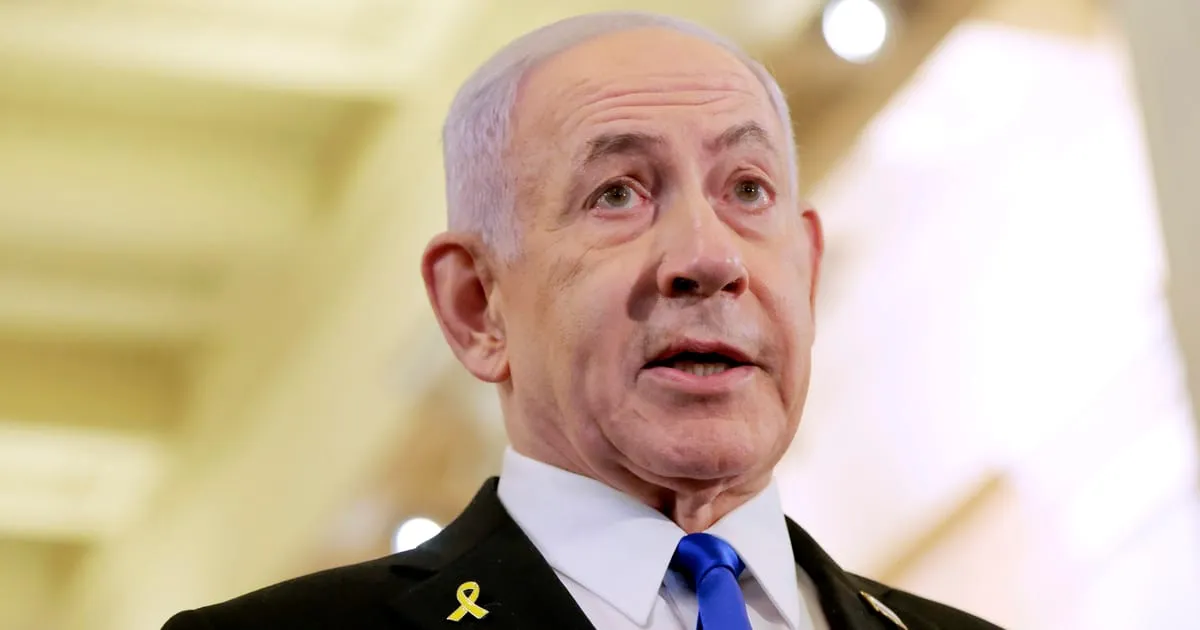
Israeli Prime Minister Benjamin Netanyahu launched a fierce attack on his British counterpart, Prime Minister Keir Starmer, following the U.K. government's announcement to recognize Palestinian statehood later this year. In a post on social media platform X, Netanyahu condemned the move, stating, “U.K. PM Keir Starmer rewards Hamas’s monstrous terrorism & punishes its victims.”
Netanyahu further warned that “a jihadist state on Israel’s border TODAY will threaten Britain TOMORROW,” emphasizing his belief that any form of appeasement towards jihadist terrorists is doomed to fail. He added emphatically, “It will not happen.” This strong rhetoric highlights the growing tensions between Israel and the U.K. over the sensitive issue of Palestinian statehood.
The backlash from Netanyahu came after Starmer, facing pressure from both his party and a push from France, made a conditional commitment to recognize a Palestinian state ahead of the upcoming September session of the United Nations General Assembly. During a Cabinet meeting, Starmer expressed that “now was the right time to move this position forward,” attributing the decision to the increasingly dire humanitarian situation in Gaza and the dwindling chances for a viable peace process.
Starmer's announcement included a stipulation that the U.K. would officially recognize a Palestinian state in September unless the Israeli government undertakes “substantive steps” to alleviate the crisis in Gaza and shows commitment to a long-term peace process aimed at achieving a two-state solution.
In his address, Starmer reiterated the importance of addressing humanitarian concerns, stating that Hamas must release all remaining hostages taken during the deadly attacks on Israel on October 7, 2023. He insisted that Hamas should disarm and accept that they would play no role in the governance of Gaza, further complicating the region's political landscape.
This announcement signifies a significant shift in British foreign policy regarding the Middle East. The decision comes on the heels of extensive lobbying efforts by members of Starmer’s governing Labour Party, reflecting a growing inclination within the U.K. to take a more proactive stance on Palestinian statehood.
Netanyahu has previously criticized Starmer for supporting sanctions aimed at Israeli ministers and condemned what he described as a “shameful” decision made by the U.K. last year to suspend the sale of certain arms components utilized by Israeli forces in Gaza. This ongoing conflict highlights the complexities and challenges facing both leaders as they navigate the intricate dynamics of Middle Eastern politics.